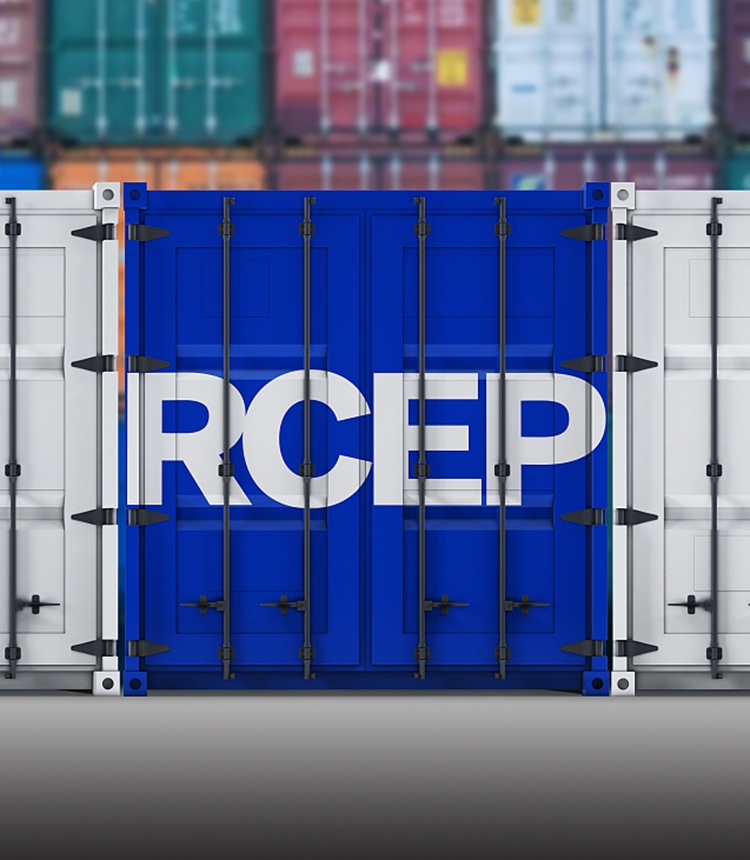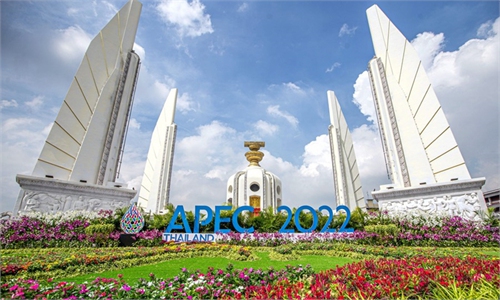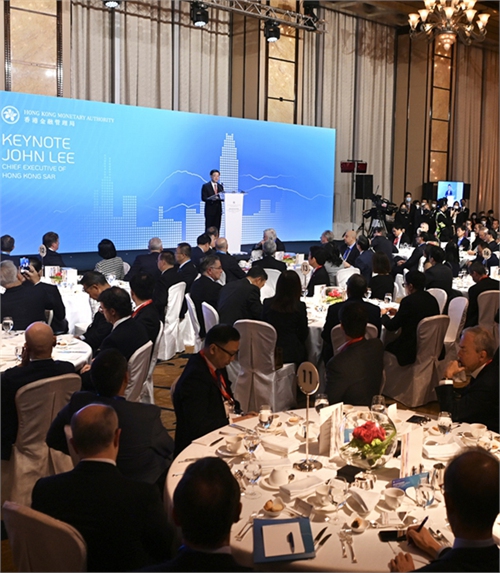At key forum in Beijing, RCEP markets urged to boost financial cooperation to tackle global risks

RCEP Photo:VCG
With the global economic and financial environment becoming increasingly complex, members of the Regional Comprehensive Economic Partnership (RCEP) need to enhance cooperation to promote the economic recovery and safeguard financial stability, officials and economists suggested on Tuesday at the ongoing 2022 Financial Street Forum in Beijing.The more complex and severe the international environment becomes, the greater the need for Asian economies to strengthen practical cooperation, jointly promote the economic recovery, accelerate the integration of industrial chains and safeguard the stability of regional financial markets, Zhou Liang, vice chairman of the China Banking and Insurance Regulatory Commission (CBIRC), said at a parallel session of the forum in Beijing.
Zhou suggested that Asian economies need to step up macro policy coordination, improve regular communication mechanisms, and synergize development strategies. Useful experience in inclusive finance, such as agriculture, poverty alleviation, and the development of small and micro-sized enterprises, could be shared, and nations could join hands to promote the growth of green finance and cultivate an open, fair and non-discriminatory digital financial services environment to bridge the digital gap, according to Zhou.
The digital economy has offered a new growth opportunity for RCEP members. In the past three and a half years, the B2B index of cross-border e-commerce for small and medium-sized enterprises in the 15 RCEP members has witnessed an average annual growth of 30 percent, said an industry report released on November 5 at forum under the China International Import Expo.
In addition to the traditional trade in goods, the opening-up and cooperation in the financial sector is one of the highlights of the RCEP agreement, Wang Wen, chief economist of China Export & Credit Insurance Corp, said at the forum.
China has accelerated cooperation with other RCEP members, especially ASEAN economies, in areas including currency, financial markets and financial supervision. Starting from 2008, China has been establishing bilateral currency swap agreements and bilateral settlement agreements with the central banks of RCEP economies, and the scale of these agreements has been increasing, Wang said.
In the first nine months of 2022, The Bank of China (BOC) processed more than 400 billion yuan ($56 billion) of cross-border yuan settlements with other RCEP members and provided over $250 billion in settlement services for commodity trade among RCEP economies, Liu Jin, head of BOC said at the forum.
The Agricultural Bank of China (ABC) has established cooperative relations with 209 banks within the RCEP, opened 53 yuan inter-bank accounts for the banks, and conducted extensive cooperation in such areas as international settlements, currency transactions, bond services, and others, Zhang Xuguang, deputy head of the bank said.
In the first three quarters, the ABC conducted about 800 billion yuan of cross-border yuan settlements for the trading and direct investment sectors, up 15 percent year-on-year. Among the total, 130 billion yuan in settlement services was for customers in the RCEP, up 27 percent, Zhang said.
Zhang noted that the ABC has promoted green finance in recent years and called on RCEP members to enhance cooperation in the sector so as to realize sustainable development.
Dong Shaopeng, a senior research fellow at the Chongyang Institute for Financial Studies at Renmin University of China, told the Global Times on Tuesday that the RCEP, as the world's largest free trade agreement, will boost trade efficiency among the members.
It will help maintain the economic and financial stability of the region, given that economies with relatively simple economic structures are now facing rising risks brought about by the US' tightening monetary policy, Dong said, noting that it's important to strengthen risk management in the trading and finance areas.
Trade between China and the other RCEP members increased by 8.4 percent in the first 10 months of the year, and ASEAN remained China's largest trading partner, according to data from the General Administration of Customs.


